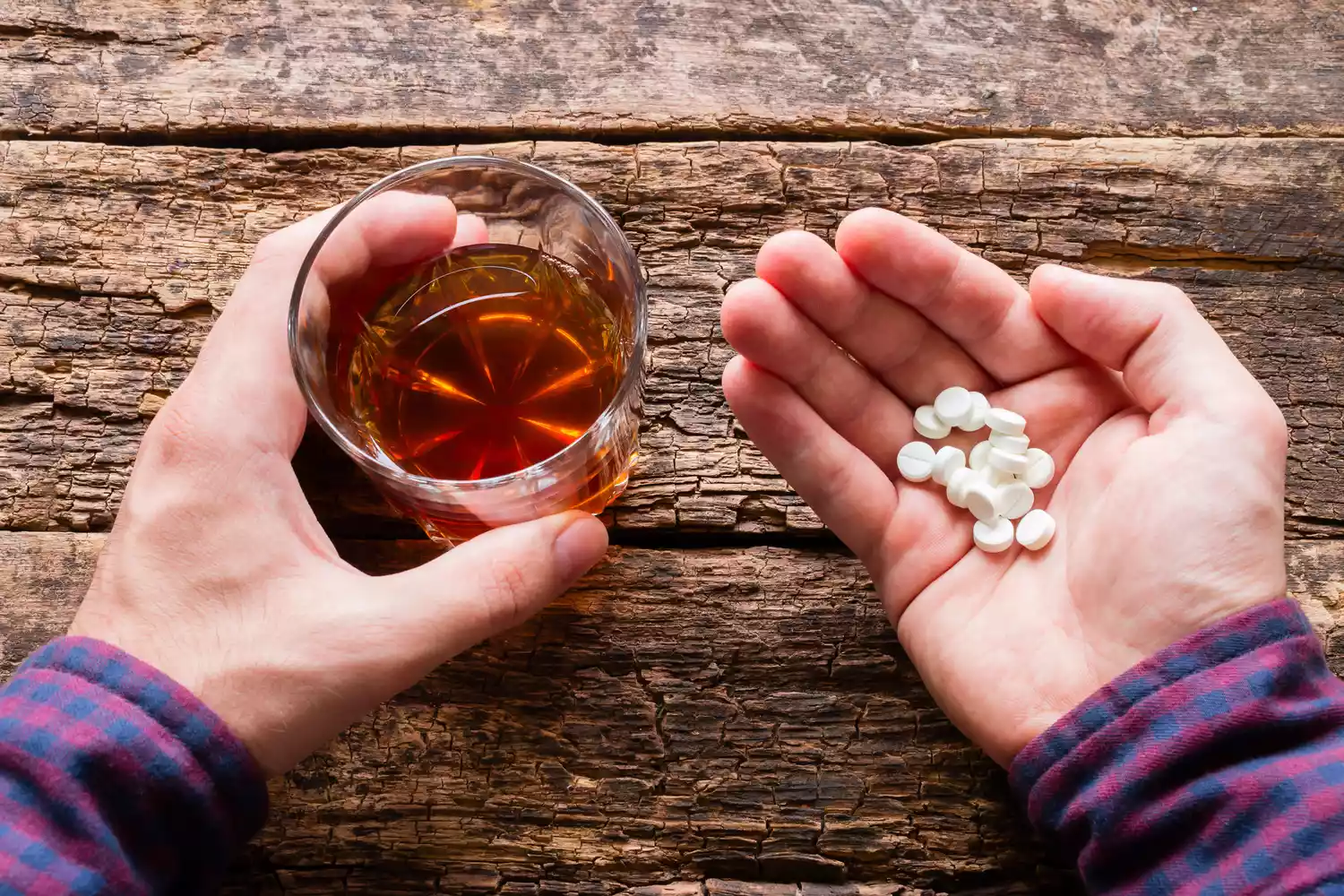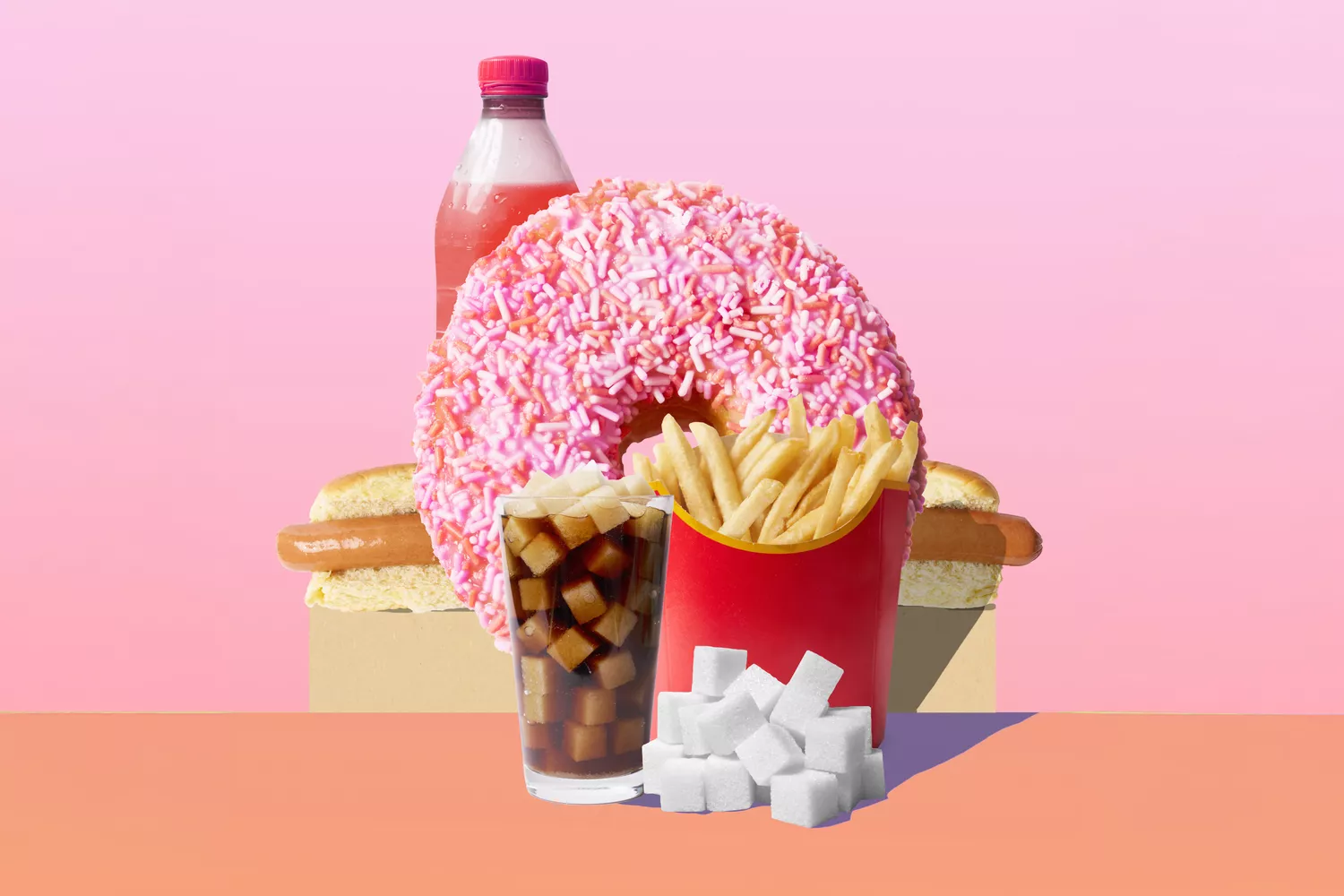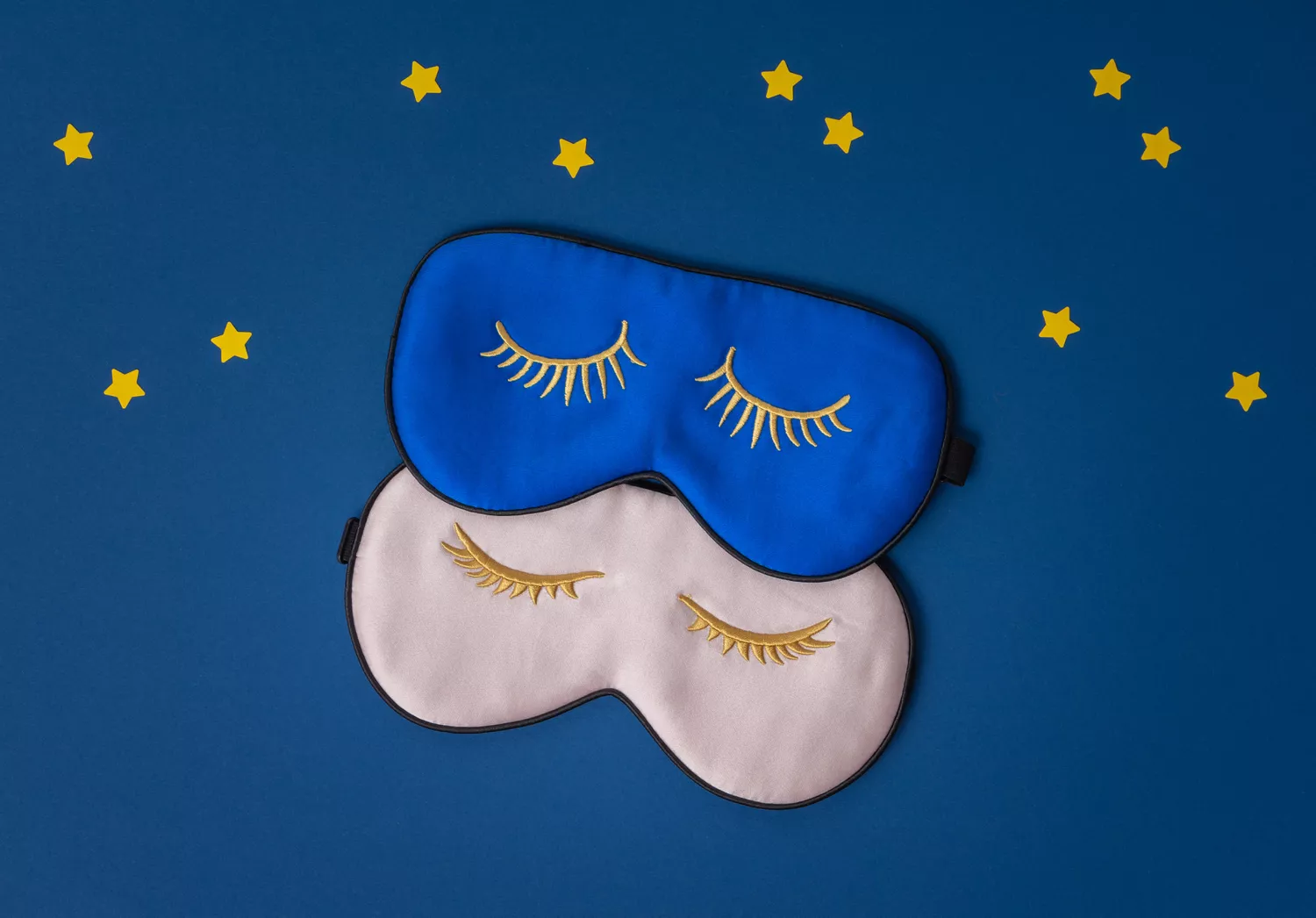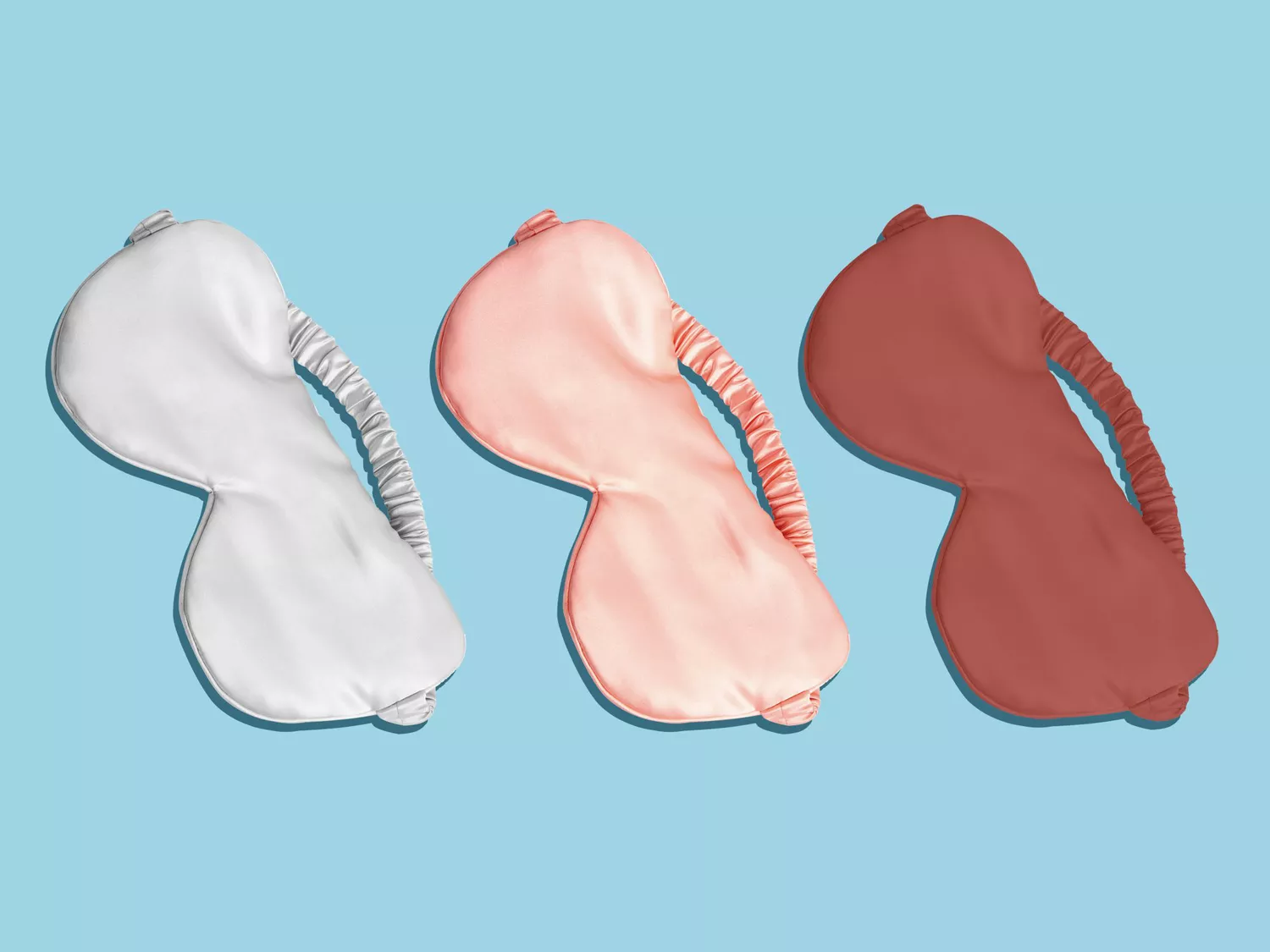If you’re one of the 85% of American grownups who consume alcohol, whether occasionally or consistently, it is necessary to know that it can connect with any kind of medicines you take.1 If you take several drugs or drink exceedingly, your risk of damaging medication responses may be higher.
The mix of alcohol and certain medicines can trigger adverse communications, negative responses, and also overdose and fatality. This can happen with prescription medications, over-the-counter (OTC) drugs, and also supplements or organic solutions.

Taking medicines while consuming alcohol can be unpredictable. The mix might heighten either the medicine’s effect or the beverage’s impact. It can additionally make your medicine much less efficient or change exactly how you really feel the results of alcohol. Beware that some medications, like laxatives and cough syrups, might consist of some alcohol themselves, as well.
Continue reading to find out which types of medicines not to blend with alcohol. And keep in mind, always read the medication label extensively, and talk to your healthcare provider if you have any kind of worries.
1. Depression and Anxiousness Medications
One in 10 teens and adults take antidepressant or stress and anxiety drugs everyday, according to the Centers for Disease Control and Prevention (CDC).2 Most of these drugs connect negatively with alcohol, particularly monoamine oxidase preventions (MAOIs), like Parnate (tranylcypromine) and Nardil (phenelzine). MAOIs can cause blood pressure to spike dangerously when integrated with tyramine, an amino acid found in merlot and beer.3.
Combining alcohol with these medications raises the threat for an overdose and can make you really feel extra clinically depressed. You can additionally experience sleepiness, wooziness, impaired electric motor control and control, difficulty breathing, unusual behaviors, and heart or liver damages. A few of these medications can likewise make the results of alcohol more extreme.3.
In addition, if you take any type of kind of antidepressant drug, talk to your doctor if you wish to consume alcohol. St. John’s Wort and Kava. Kava are herbal supplements usually used to treat anxiety or stress and anxiety, yet taking those supplements and drinking alcohol at the exact same time can result in major repercussions, such as liver damage.453.
Anxiousness and antidepressant medicines that need to not be blended with alcohol consist of:3.
Zoloft (sertraline).
Wellbutrin (bupropion).
Symbyax (fluoxetine/olanzapine).
Prozac (fluoxetine).
Paxil (paroxetine).
Pristiq (desvenlafaxine).
Abilify (aripiprazole).
Cymbalta (duloxetine).
Valium (diazepam).
Xanax (alprazolam).
Eskalith/Lithobid (lithium).
Many others.
2. Diabetes Medications.
Nearly half of the united state population has diabetes mellitus, prediabetes, or insulin resistance (a precursor to diabetes).6 This means that countless people take diabetes drugs daily. Including alcohol can result in precariously reduced blood glucose degrees. Additionally, there is a danger of the following symptoms:3.
Sudden modifications in blood pressure.
Quick heart beat.
Weakness.
Headache.
Nausea or vomiting and throwing up.
Speak to your doctor before consuming alcohol if you take any one of the adhering to diabetic issues medications:.
Diabinese (chlorpropamide).
Glucophage (metformin).
Glucotrol (glipizide).
Glynase and DiaBeta (glyburide).
Micronase (glibenclamide).
Orinase (tolbutamide).
Tolinase (tolazamide).
3. Cold or Allergy Medications.
Countless people take drugs for colds, allergies, and the flu annually, which are understood to cause sleepiness and dizziness. Alcohol additionally does that, so taking them both with each other can intensify those side effects, causing impaired judgment and sychronisation and a slow reaction time. The mix of alcohol and chilly or allergy medicine can put you at an enhanced risk for overdose.3.
It’s important to prevent alcohol if you’re taking any one of the following:.
Benadryl (diphenhydramine).
Claritin or Claritin-D (loratadine).
Dimetapp (brompheniramine).
Sudafed, Tylenol allergy or cool medicines, or Triaminic (chlorpheniramine).
Zyrtec (cetirizine).
Robitussin (guaifenesin + codeine).
Any type of others.
4. Blood Pressure Medications.
Almost half of all united state adults deal with high blood pressure, also called hypertension.7 Drugs made use of to deal with high blood pressure can react terribly with alcohol, causing dizziness and fainting, severe sleepiness, and arrhythmias, or various other heart issues.3.
Talk with your doctor prior to drinking alcohol if you take any one of the complying with medications:.
Prinivil, Zestril (lisinopril).
Norvasc (amlodipine besylate).
Lopressor (hydrochlorothiazide).
Catapres (clonidine).
Any type of others.
5. Rest Aids.
Close to 10% of the U.S. population consistently makes use of medicines or supplements to try to go to sleep or stay asleep.8 These types of medications need to never be used when you have alcohol in your system. Sleep help and alcohol both have sedating results and can magnify each various other. Negative effects of blending alcohol with sleep help might include difficulty breathing, memory problems, weird actions, lightheadedness, and damaged motor control.3.
Do not blend alcohol with any rest aid, including the following:.
Ambien (zolpidem).
Lunesta (eszopiclone).
Restoril (temazepam).
Unisom (doxylamine).
Prosom (estazolam).
Sominex (diphenhydramine).
Organic supplements like chamomile, lavender, or valerian.
6. Discomfort Medicines.
Whether the discomfort medication is OTC or a prescription medicine, you ought to talk with your doctor prior to drinking alcohol. Incorporating alcohol with any type of sort of pain medication can create harmful side effects.3.
Mixing alcohol with medicines for muscle mass discomfort, like Flexeril (cyclobenzaprine) and Soma (carisoprodol), can boost your threat for seizures, overdose, and trigger trouble breathing.
Medications for minor discomfort, like Tylenol (acetaminophen), Motrin and Advil (advil), Aleve (naproxen), and Excedrin (acetaminophen and aspirin) can result in belly discomfort, bleeding, belly abscess, and possible heart or liver damages.3.
Integrating alcohol with solid discomfort medicines for serious pain, like opioids, can create sleepiness and lightheadedness, difficulty breathing, memory troubles, and places you at a boosted risk for an overdose.
Do not consume alcohol if you are taking any kind of strong discomfort medications such as the adhering to:3.
Percocet (oxycodone).
Vicodin (hydrocodone).
Demerol (meperidine).
Darvocet (propoxyphene).
Fiorinal (butalbital with codeine).
7. Heartburn and Nausea Or Vomiting Medications.
Any kind of medication that can assist relax your tummy from heartburn and queasiness, including motion sickness, can communicate adversely with alcohol. Mixing these with alcohol can cause a quick heartbeat and an abrupt change in blood pressure. It also places you at an increased risk for overdose and can make the alcohol results stronger.
Prevent alcohol consumption if you take any of the following stomach-related medication:3.
Dramamine (dimenhydrinate).
Antivert (meclizine).
Tagamet (cimetidine).
Reglan (metoclopramide).
Axid (nizatidine).
8. Cholesterol Medications.
Nearly a third of all American adults take drugs to decrease their cholesterol. In adults over age 75, that fact raises to almost 50%.9 Combining alcohol with cholesterol drugs can trigger liver damages, flushing and itching, and belly blood loss.
Speak with your healthcare provider prior to integrating alcohol with any cholesterol-lowering drug, including the following:.
Crestor (rosuvastatin).
Lipitor (atorvastatin).
Zocor (simvastatin).
Altoprev, Mevacor, and Altocor (lovastatin).
Vytorin (ezetimibe and simvastatin).
Niaspan (niacin).
Pravachol and Pravigard (pravastatin).
9. Prostate Medications.
There are numerous drugs offered to cured enlarged prostates. Incorporating them with alcohol can trigger wooziness and fainting.
Don’t consume alcohol if you’re taking the complying with medications, unless you consult with your healthcare provider initially:3.
Flomax (tamsulosin).
Cardura (doxazosin).
Hytrin (terazosin).
Minipress (prazosin).
10. ADHD Medications.
Drugs to deal with ADHD are stimulants, a broad course of medications that boost the task of the central nerve system. Alcohol, on the other hand, has the opposite effect– it’s a sedative. Blending both together can make it more probable that you’ll experience an overdose. Other side results of blending alcohol and ADHD medicines with each other include wooziness, damaged concentration, liver damage, and heart issues.3.
Speak with your doctor prior to mixing these medications with alcohol:.
Adderall (amphetamine/dextroamphetamine).
Dexedrine (dextroamphetamine).
Focalin (dexmethylphenidate).
Concerta/Ritalin (methylphenidate).
Strattera (atomoxetine).
Vyvanse (lisdexamfetamine).
11. Joint inflammation Medications.
Integrating arthritis medications with alcohol can trigger ulcers, liver damage, and belly bleeding. Don’t drink alcohol while taking these drugs, unless you talk to your doctor first:3.
Celebrex (celecoxib).
Naprosyn (naproxen).
Voltaren (diclofenac).
12. Seizure Medicines.
Incorporating alcohol with drug for seizures, consisting of epilepsy medicine, can cause severe negative effects. These consist of lightheadedness, drowsiness, unusual behavior, adjustments in mental health status (including self-destructive ideas), and the boosted danger of more seizures.
Don’t incorporate alcohol with any one of the adhering to medications:3.
Horizant/Neurontin (gabapentin).
Dilantin (phenytoin).
Keppra (levetiracetam).
Phenobarbital.
Klonopin (clonazepam).
Lyrica (pregabalin).
Lamictal (lamotrigine).
Tegretol (carbamazepine).
Topamax (topiramate).
Barbiturates.
Trileptal (oxcarbazepine).
13. Infection Medications (Antibiotics, Antifungals, and Antiparasitics).
Various medications exist to treat a wide range of infections. Integrating any one of them with alcohol can cause harmful negative effects, like liver damage, belly discomfort and vomiting, redness of the face, a racing heartbeat, and an unexpected drop in blood pressure.3.
These medicines include the complying with, yet are not limited to:.
Zithromax (azithromycin).
Seromycin (cycloserine).
Nizoral (ketoconazole).
Flagyl (metronidazole).
Macrodantin (nitrofurantoin).
Grisactin (griseofulvin).
Nydrazid (isoniazid).
Tindamax (tinidazole).
Various Other Medications to Keep in mind.
Coumadin (warfarin) is a medication that individuals consider embolism. Even occasional alcohol consumption with Coumadin can create internal blood loss. Hefty alcohol consumption can create issues on both ends of the range: either inner bleeding or extreme embolism, which might cause a stroke or cardiac arrest.3.
Isordil (isosorbide nitroglycerin), usually taken for angina (chest pain) or coronary cardiovascular disease, can likewise threaten when blended with alcohol. Adverse effects can include dizziness and fainting, quick heart beat, and a sudden decrease in blood pressure.3.
When To See A Healthcare Provider.
If you take any one of these medications, it is essential to talk to your healthcare provider prior to consuming alcohol any sort of alcohol in any amount. If you still want to fit alcohol right into your way of living, talk to your doctor concerning just how to balance out your pills and any type of alcohols you may want. Some drug and alcohol communications can be dangerous, so always talk to your doctor first.
If you do consume alcohol while taking these medications, there are some symptoms to keep an eye out for:3.
Nausea or vomiting and vomiting.
Drowsiness.
Headache.
Fainting.
Loss of coordination.
Interior bleeding.
Problem breathing.
Heart problems.
Liver damages.
A Quick Evaluation.
Alcohol can transform just how your body breaks down and absorbs drugs. There are numerous drugs on the market today. The listing in this write-up isn’t extensive, and there are other drugs not listed that can be unsafe when taken with alcohol, so always talk with your healthcare provider before you think about taking any kind of drug while likewise maintaining a lifestyle where you consume alcohol.



